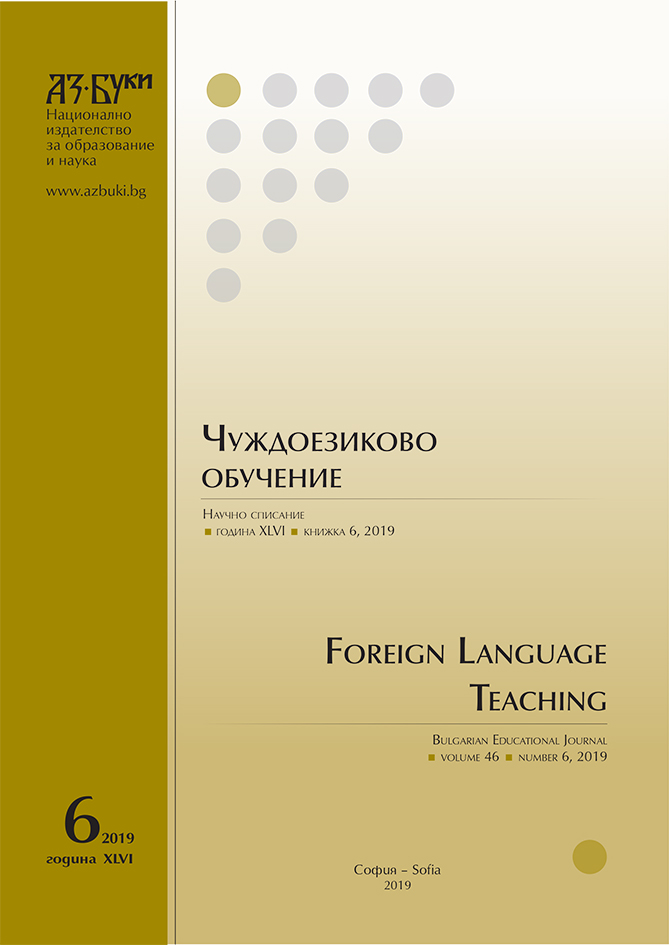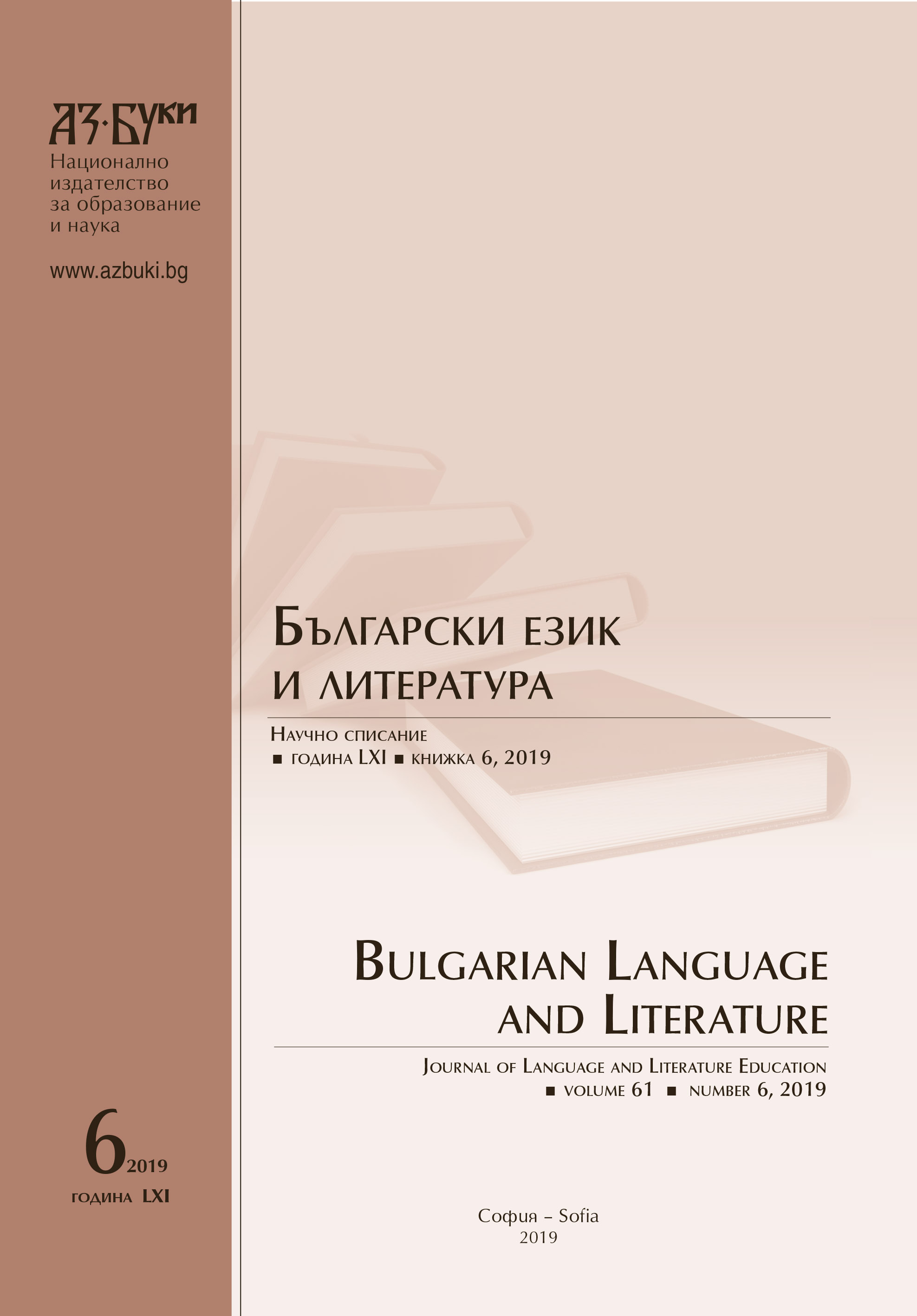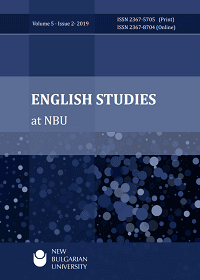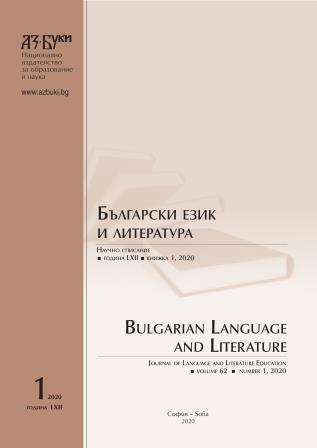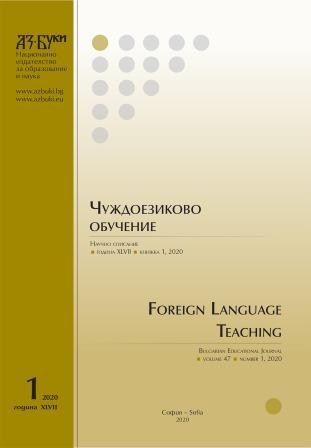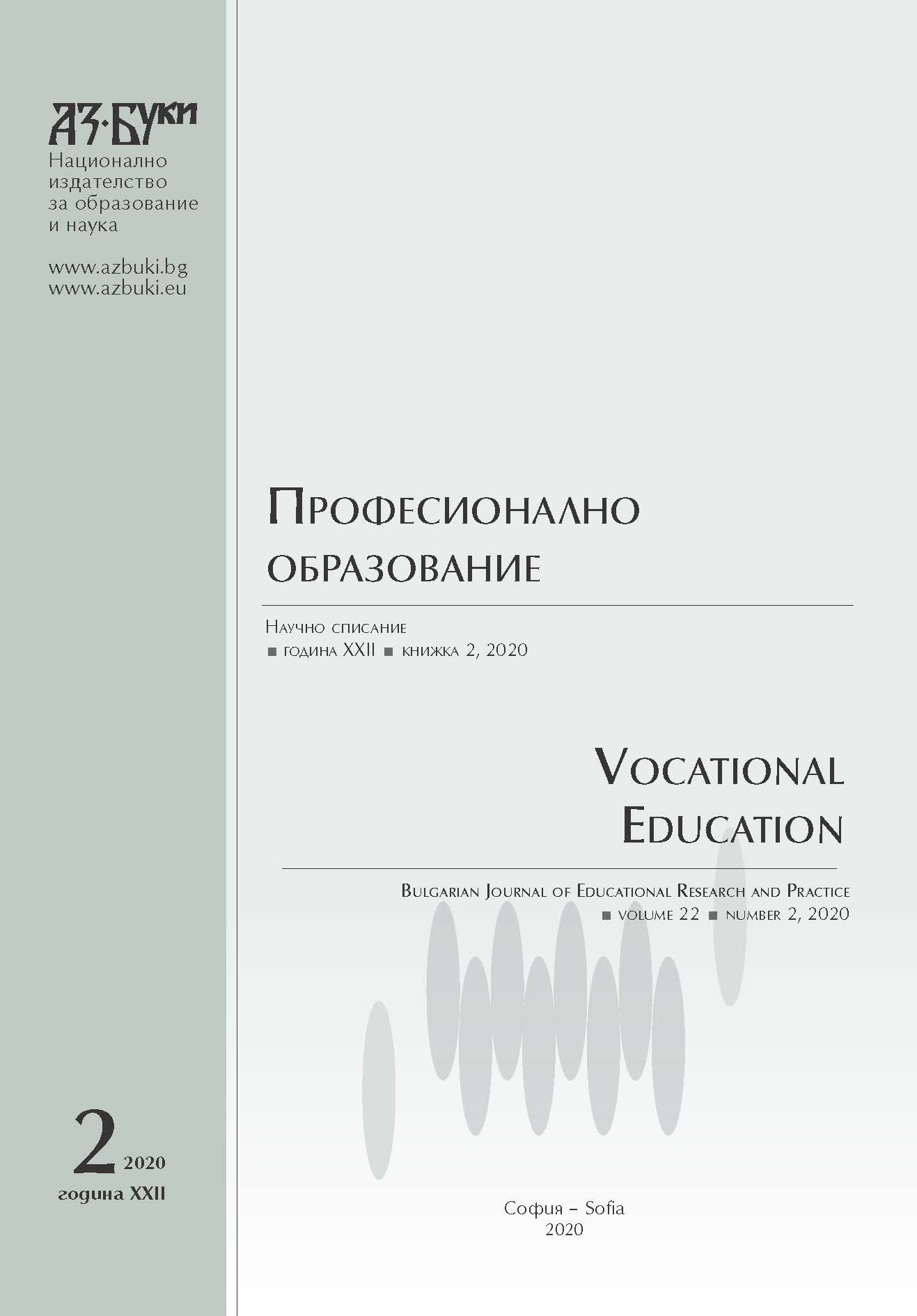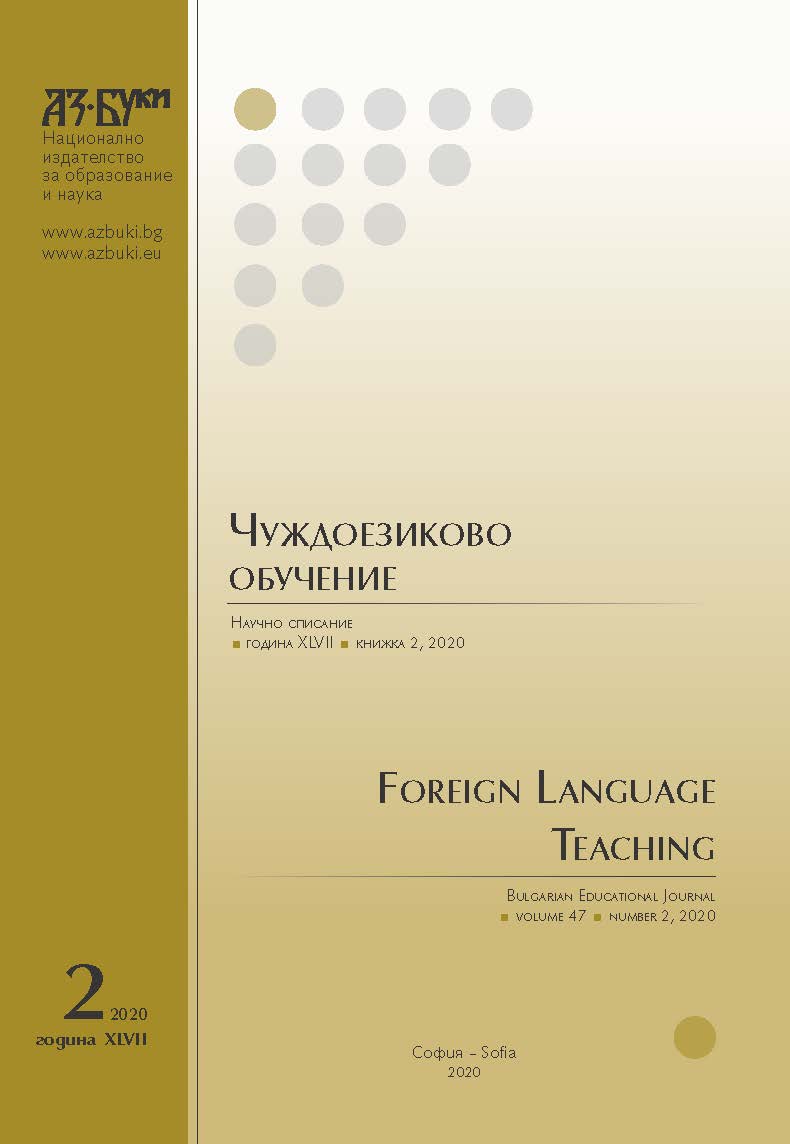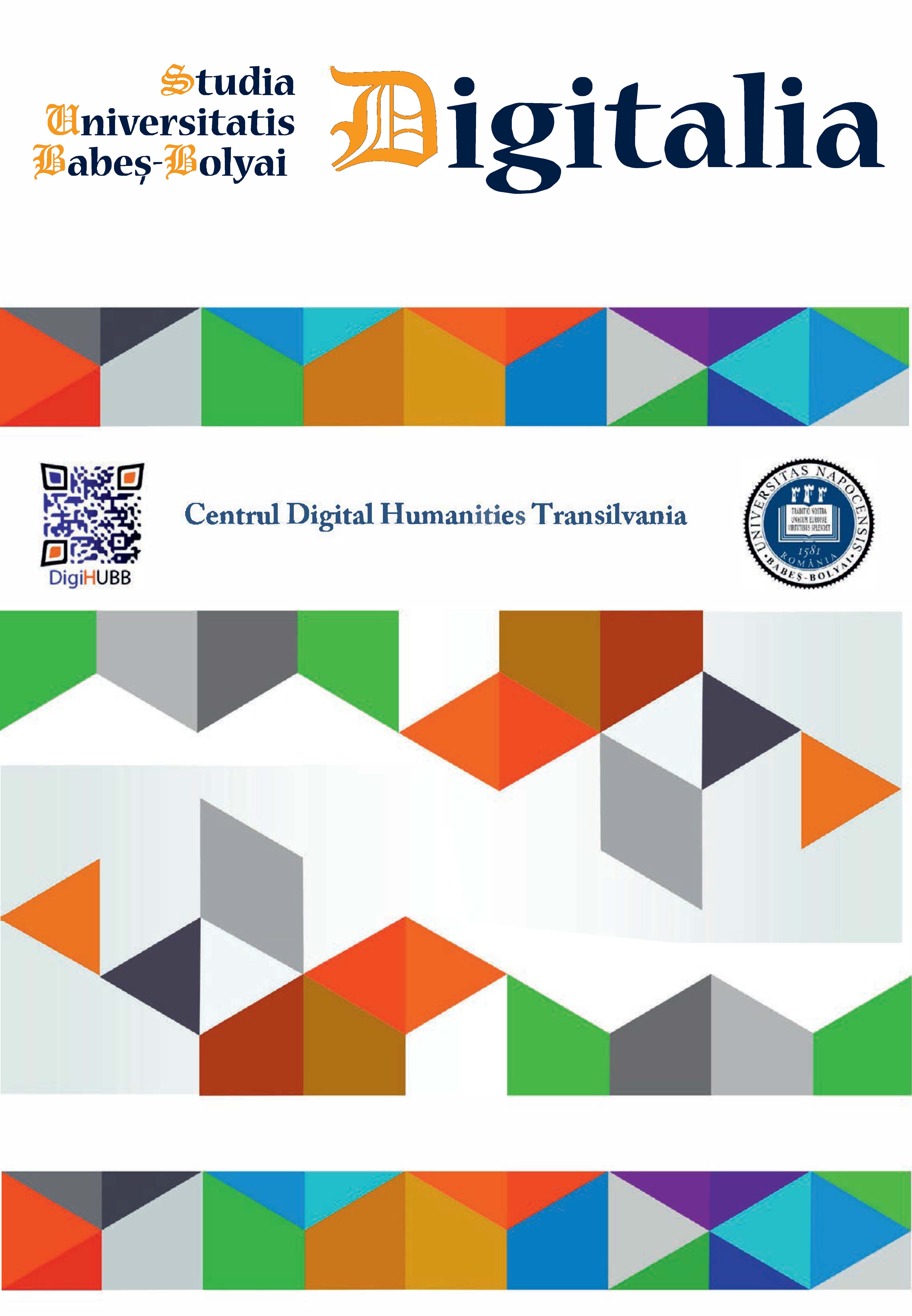
A SHORT HISTORY OF COMPUTER USE AT FACULTY OF PHYSICS – UNIVERSITY OF BUCHAREST
For physicists computing is a main activity. Starting from devising an experiment to problem solving with computer, from using mathematical tables to other aids to computation, physics has grown its strength by using each step the numerical computation. So, computing for researches as well as education was used and steadily improved by us, starting from first minicomputers to the last generation of computers and algorithms. In this presentation we will follow, in short, the evolution of computing, hard and soft, in physics at our faculty. We selected here the main field of interests that was connected with problems showing: programmed solutions, simulations and modeling, computer application and software during the time. Such a time recollection is interesting and surprises me as how diverse and far such activity was done. Examples will be from computation in tradition physics, to biology, chemistry, astronomy, medicine to data processing and visualization, data management, to create our own educational software and so on. The fields as nonlinear dynamics, complexity, chaos and fractals, as well as fluid dynamics, atomic, molecular or nuclear physics, earth or stellar physics, connected to improvement of the experiments and devices via artificial intelligence are some of our topics which will be exemplified here.
More...
